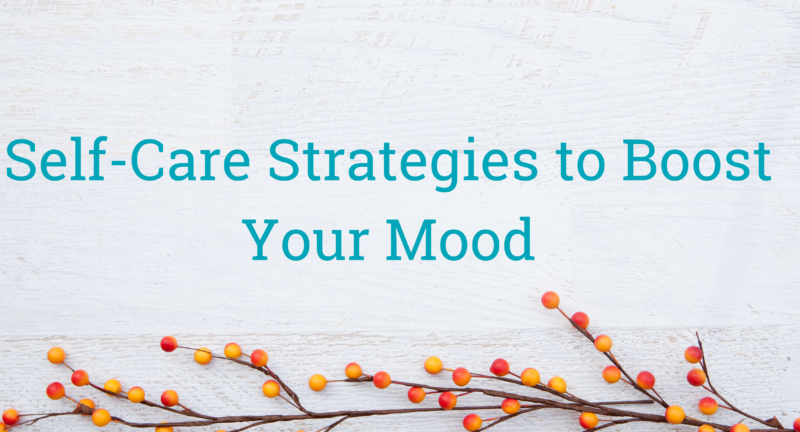
Warning Signs of Depression in Children and Teens During the Holidays
The holidays can be a time of great joy, but for some, the holidays can be nothing short of stressful. In this article, we take a look at the warning signs of depression in teens during the holidays and what you can do to help your teen.
Let’s get started.
Understanding Why Holidays May Be Stressful
“The holidays can be a stressful time for adults, but it is often overlooked at how stressful holidays can be for children and teens,” according to Dr. Lisa Sanchez.
“The impression is that kids are happiest this time of year, but in reality, they are also navigating things like social stress, split homes, family losses, financial stress, school and this perfect image that’s portrayed in the media of how things should be. It is important to recognize these stressors and manage them.”
Is Stress… Or Depression?
How do you know if your child is stressed, depressed… or both? Let’s take a look at the symptoms of both.
Stress during the holidays
Stress can manifest itself in many ways. Increased stress can take a toll on your mental and physical wellbeing. Stress can lead to:
- Increased headaches
- Upset stomachs
- Agitation
- Nightmares and other sleep disturbances
- Anger
- Outbursts
- Inability to relax
- Increased worries and fears
If your child is stressed, you can help manage stress by modeling stress management techniques and establishing routines. Keeping your child informed of scheduling plans can help your child mentally prepare for the busy-ness of the season.
You can learn more about childhood stress in this article published on MedlinePlus by the National Library of Medicine.
Depression during the holidays
Chronic, unmanaged stress levels can increase your risk of developing a mood disorder, and that includes depression. This connection is called bi-directional, meaning stress can make depression worse, and depression can make stress worse.
Signs of depression in children and teens include:
- Feelings of intense sadness and emptiness
- Loss of interest in your normal family holiday traditions
- Feeling hopeless or guilty
- Being angry, irritable, or frustrated, even at minor things
- Loss of interest in hobbies and other favorite activities
- Loss of interest in talking to or spending time with friends and family
- Changes in weight, either gaining or losing weight
- Changes in sleep, either sleeping too much or too little
- Feeling restless
- Fatigue
- Physical pain, such as headaches or back pain
- Having trouble concentrating
- Thinking about dying or suicide
If you or a loved one are in crisis, call the Suicide & Crisis Hotline at 988. Help is available 24/7 in English and Spanish. You can also head to the closest emergency room.
About Dr. Lisa Sanchez
 Whether your teen is stressed or is showing signs of depression, we can help your teen feel better. Lisa Marie Sanchez, M.D., M.S.S.W, is a child and adolescent psychiatrist with NextStep.
Whether your teen is stressed or is showing signs of depression, we can help your teen feel better. Lisa Marie Sanchez, M.D., M.S.S.W, is a child and adolescent psychiatrist with NextStep.
Depression treatment often involves a combination of therapy and medication. Depression can increase stress, but remember, depression is treatable, and working to address both the stress and the depression at the same time can help your child feel better.
Here at Next Step 2 Mental Health, our multidisciplinary team offers everything your teen needs under one roof, from medication management to therapy.
To learn more about depression or to schedule an appointment, click here.
Related Posts
10 Self-Care Ideas to Try If You’re Feeling Sad This Thanksgiving
Holidays can be a time of joy and togetherness, but sometimes holidays can be...
Teen Depression: Signs to Look For & How to Help
Teenage depression isn't just "a mood swing" or sadness. Depression is a...


